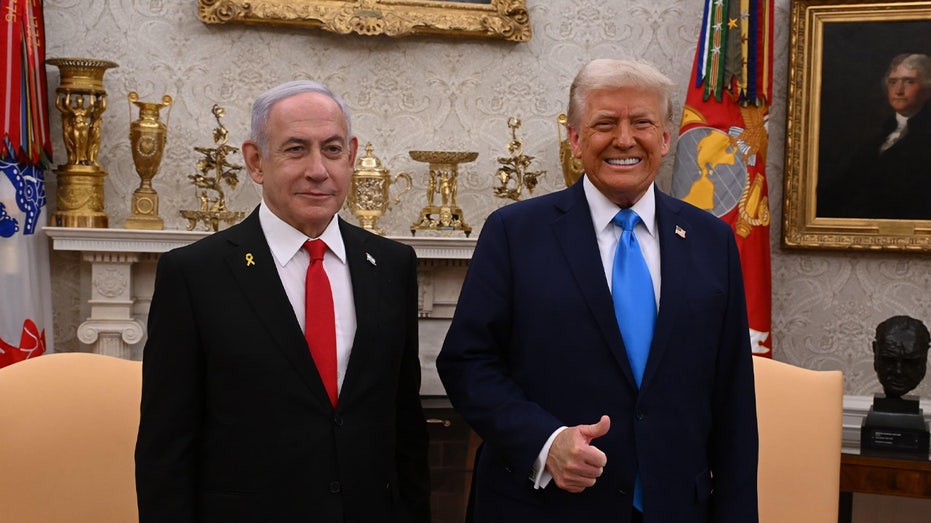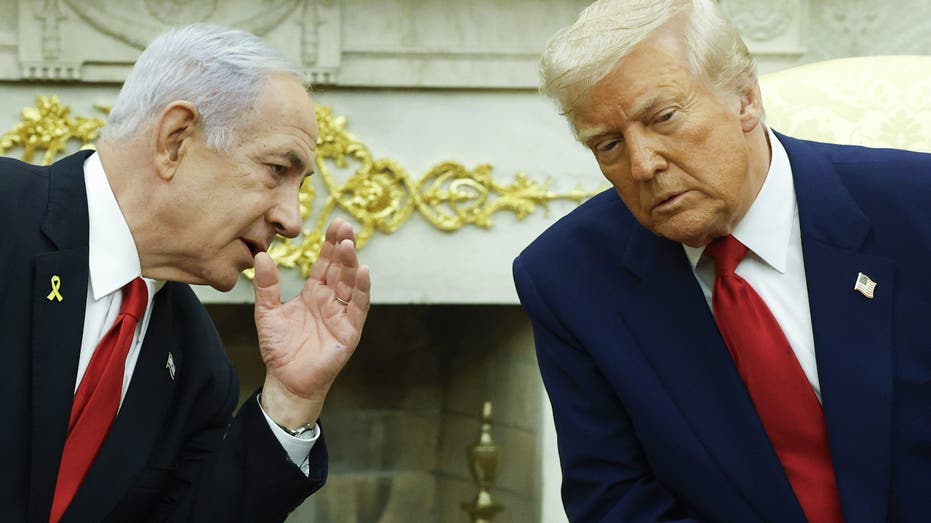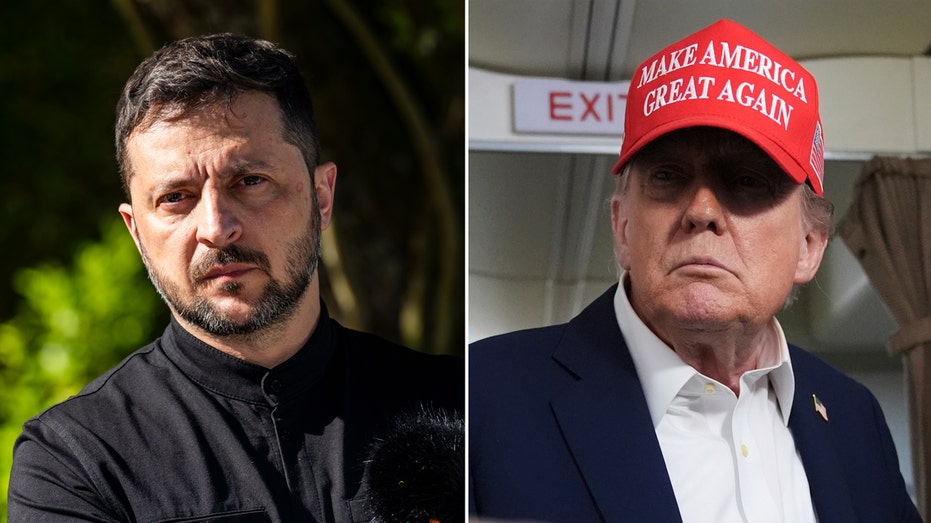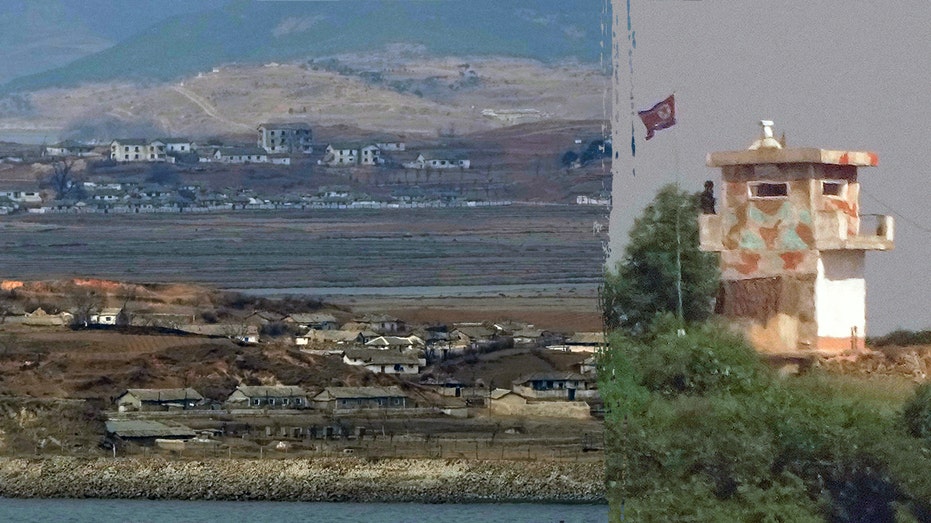📰 Israel hammers Houthis with airstrikes, rebels respond amid Red Sea flare-up

Israel engaged in missile exchanges with Iran-backed Houthi rebels in Yemen following a suspected Houthi attack on a ship in the Red Sea. The Israeli military targeted Houthi ports and facilities in response to the attack on the Liberian-flagged vessel. The Houthis have not claimed responsibility for the ship attack. Israel warned of its strikes, citing the transfer of weapons from Iran to the Houthis for terrorist activities against Israel and its allies. Despite Houthi retaliation, Israel reported no casualties from the exchange.
Israeli Defense Minister Israel Katz threatened further strikes if Houthi aggression continues, targeting a vessel seized by the Houthis in 2023 that was allegedly equipped for tracking international vessels for terror operations. The Houthis vowed to maintain their naval blockade and are prepared for a prolonged confrontation. Katz emphasized that any threat against Israel will face severe consequences.
U.S. Army Gen. Michael Kurilla highlighted Iran’s support as the primary reason for the continued threat posed by the Houthis. President Trump and Prime Minister Netanyahu were scheduled to discuss Gaza’s future, with Israel advocating for the complete removal of Hamas from the region. The meeting between the two leaders coincided with the news of the missile exchanges between Israel and the Houthis.
📰 After setback to Iran’s nuclear program, Trump expected to leverage military support in Netanyahu meeting

Israeli Prime Minister Benjamin Netanyahu is set to meet with President Donald Trump following U.S. strikes against Iran’s nuclear program. The strikes, conducted in support of Israel, have reportedly set back Tehran’s nuclear program by up to two years. The meeting is expected to focus on the future of U.S.-Israeli relations, particularly regarding deterring Iran’s nuclear ambitions and solidifying U.S. support for Israel. Netanyahu will aim to secure continued U.S. aid, while Trump may leverage this support for political gains domestically. Additionally, the leaders will discuss efforts to end the conflict in Gaza, with Trump pressuring Netanyahu to find a resolution that could potentially lead to expanding diplomatic ties between Israel and Arab nations.
The U.S.-Israel strategic partnership has entered a new era following joint offensive operations against Iran’s military capabilities, marking a significant milestone in the relationship between the two countries. Netanyahu is likely to emphasize Israel’s critical role as an ally to Trump, seeking to strengthen U.S. support during the remainder of the president’s term. However, skepticism remains regarding the possibility of additional military aid, such as B-2 bombers, being provided to Israel due to the complexity of the weaponry involved.
Efforts to reach a ceasefire agreement in Gaza have faced challenges, with Hamas insisting on long-standing demands and the inability to find a comprehensive solution that satisfies both parties. Trump is expected to pressure Netanyahu to end the prolonged conflict, leveraging the aid provided to Israel as a form of influence. The creation of the Abraham Accords, a key achievement of Trump’s presidency, is a priority for the president, who aims to expand diplomatic ties between Israel and other Arab nations. To achieve this goal, Trump must navigate delicate negotiations that balance the interests of various stakeholders in the region.
📰 Netanyahu and Trump to meet in DC as Gaza’s fate without Hamas is debated

President Donald Trump and Israeli Prime Minister Benjamin Netanyahu are discussing the future of Gaza, particularly considering alternatives to Hamas. Experts emphasize the need for a viable alternative to Hamas due to structural, political, and security limitations. Suggestions include a non-Hamas technocratic government supported by key Arab states, with a symbolic link to the Palestinian Authority for legitimacy. Challenges include securing Israeli approval, ensuring counterterrorism access, and intensive American-led diplomacy. Proposals to empower local clans for self-governing enclaves are gaining traction, but some experts question their feasibility and effectiveness in governance.
📰 Zelenskyy touts ‘fruitful’ Trump call after US president was ‘disappointed’ by Putin talk

Ukrainian President Zelenskyy had a productive phone call with President Trump discussing strengthening Ukrainian air defenses, potential joint weapons production, and broader U.S.-led efforts to end the war with Russia. They also talked about the current situation, including Russian airstrikes and frontline developments. Trump expressed sympathy and support for Ukraine, mentioning the possibility of selling more Patriot missiles to aid in defense. Zelenskyy thanked Trump and the American people for their support, emphasizing the importance of cooperation for peace and security. The article also highlighted Russia’s continued aggression towards Ukraine, with increased long-range attacks and a recent strike by Ukraine on a Russian air base.
📰 North Korean avoids land mines to cross DMZ into South Korea as Seoul softens stance on Pyongyang

A North Korean man crossed the heavily fortified Demilitarized Zone into South Korean custody. South Korea’s Joint Chiefs of Staff guided him through the mine-laced terrain. It is unclear if the man was attempting to defect. The incident comes amid criticism of South Korea’s shift in strategy towards North Korea under President Lee Jae Myung. Border incidents between the Koreas are increasing, with recent reports of North Korea launching balloons filled with trash into the South. Diplomatic talks between the U.S. and North Korea have been stalled since 2019, leading to Kim Jong Un expanding his nuclear arsenal and making threats towards Seoul and Washington. President Trump has warned North Korea of a strong response to any aggression and remains committed to alliances with South Korea and Japan.
0개의 댓글